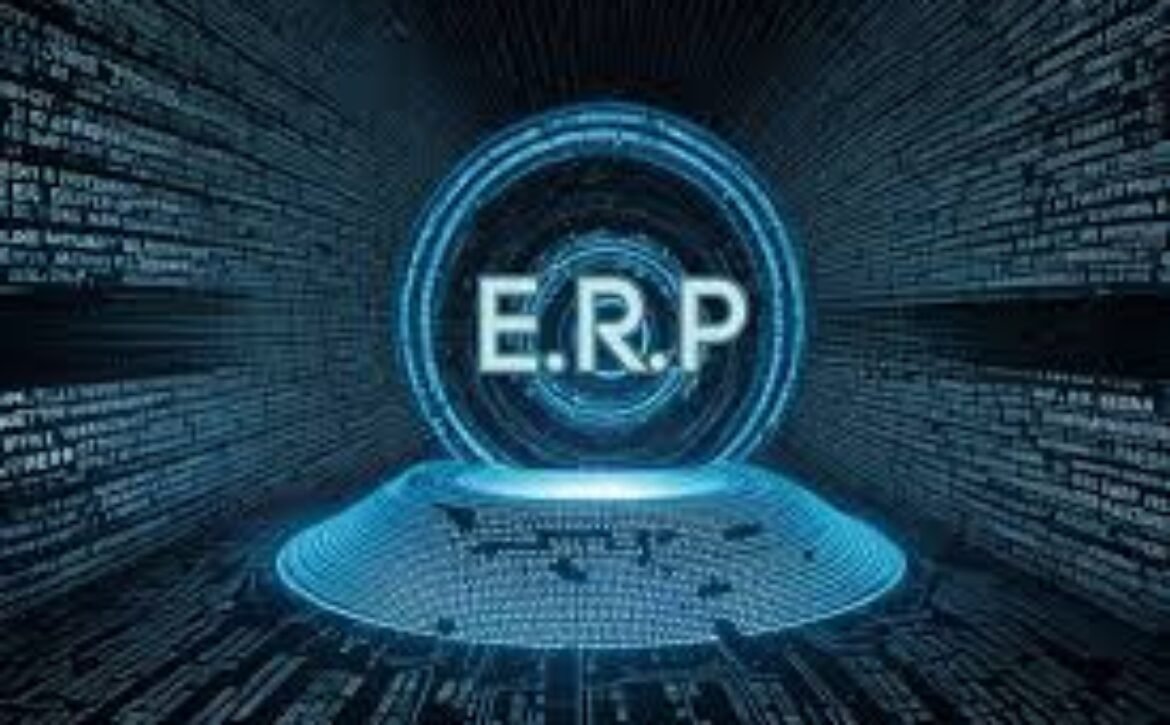Why Custom ERP Solutions are Crucial for Business Success
This blog post will explain why a one-size-fits-all approach to ERP systems often falls short and how customized ERP solutions can address specific business challenges. The aim is to showcase VisionERP’s ability to provide tailored solutions that drive success across industries.
Key Sections:
- Introduction
- Introduce the concept of ERP systems and their role in streamlining business operations.
- Highlight the need for customization to meet the unique requirements of different industries, sizes, and business models.
- Challenges with Generic ERP Systems
- Discuss the limitations of off-the-shelf ERP systems, such as unnecessary features, lack of industry-specific tools, and difficulty in integration with existing workflows.
- Mention how these limitations can lead to inefficiencies and a poor user experience.
- Benefits of Custom ERP Solutions
- Tailored Functionality:
- Explain how custom ERP solutions are designed to meet the exact needs of a business, providing only the tools and features required.
- Example: A retail business may need advanced inventory tracking, while a service-based business may focus on project management modules.
- Scalability:
- Highlight how customized ERP systems can grow with the business, ensuring long-term relevance and value.
- Improved Integration:
- Discuss how custom ERP systems seamlessly integrate with existing software, avoiding disruptions and ensuring smooth operations.
- Enhanced User Experience:
- Explain how customization ensures that the system aligns with the workflows and preferences of its users, reducing the learning curve.
- Tailored Functionality:
- Examples of Industry-Specific Customization
- Provide examples to demonstrate the value of tailored ERP solutions:
- Manufacturing: Customized modules for production scheduling and inventory management.
- Healthcare: Patient data management and compliance tracking tailored to healthcare regulations.
- Retail: Tools for tracking customer behavior and managing seasonal demand.
- Provide examples to demonstrate the value of tailored ERP solutions:
- How VisionERP Delivers Custom Solutions
- Highlight VisionERP’s expertise in analyzing business requirements and creating solutions that address unique pain points.
- Mention the flexibility of VisionERP in adapting to industries like manufacturing, retail, healthcare, logistics, and more.
- The ROI of Custom ERP Systems
- Explain how investing in a customized ERP solution leads to higher efficiency, better resource utilization, and long-term savings.
- Mention that while custom ERP might have a higher initial cost, it delivers superior ROI by reducing inefficiencies and aligning with business goals.
- Conclusion
- Reinforce the importance of customized ERP solutions for achieving business success.
- Add a call to action: “At VisionERP, we specialize in building ERP systems tailored to your unique business needs. Contact us today to learn how we can help your business thrive.





